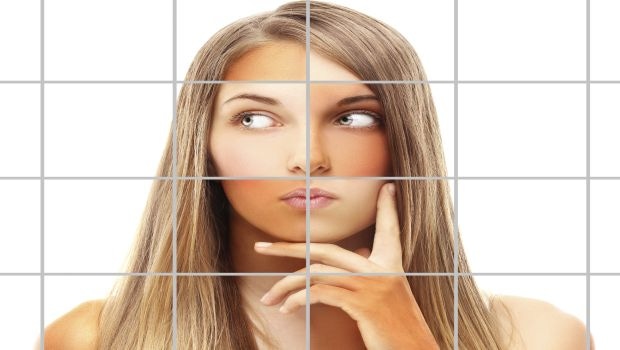Are UK Skin Care Consumers Too Macho for Sunscreen?
Most people are familiar with the painful aftermath of excessive sun exposure, but sun burn risk might not be enough to keep UK consumers applying, and re-applying, sun protection products.

Most people are familiar with the painful aftermath of excessive sun exposure—living in Phoenix, myself certainly included. But sun burn risk might not be enough to keep UK consumers applying, and re-applying, sun protection products.
Through a survey conducted by Solaveil, a range of sunscreen actives made available by Croda, researchers noticed a strong ‘macho’ culture emerging, which may put consumers at risk for sun damage—especially men. Out of 1,000 survey participants, 44 percent of men said they experienced sun burn at a sporting event or music festival in the UK, and 15 percent believed they never needed sunscreen in the UK.
In addition, recent research conducted by the Royal Pharmaceutical Society, a body of pharmacists from England, Scotland and Wales, found about 25 percent of British adults have no idea what the labels on their sunscreen products mean or what protection they offer. In addition, only about 20 percent of 18- to 24-year-olds say they would ever wear sunscreen in the UK.
Solaveil concluded messages surrounding sun care and the risks of developing skin cancer have been lost among many consumers falling into this age range. In response, the company launched a new infographic to offer helpful insight on UV radiation and sunscreen labeling.
“Our research clearly shows strong gender and age divides when it comes to sun care," said Helene Hine, marketing manager for Solaveil. “And with the rising popularity of the ‘staycation,’ we’re keen to help consumers understand their sunscreen as much as possible."
The new infographic can help consumers better understand commonly confused aspects of sunscreen labels, Hine added, which will put the information in context of sunlight and its impact on the skin.
While research shows consumers in the UK may be less likely to wear sunscreen, recent data from SPINS indicates many U.S. consumers are making the switch to natural products for sun protection. In fact, sales of natural sunscreen alternatives grew almost 24 percent across the natural, specialty gourmet and conventional multi-outlet channels, according to data collected from June 2014 to June 2015.
About the Author(s)
You May Also Like




.png?width=800&auto=webp&quality=80&disable=upscale)